The University of Salford’s THINKlab donate their MOBILISE digital platform for disaster risk reduction activities in Sri Lanka, Malaysia and Pakistan
13 November 2019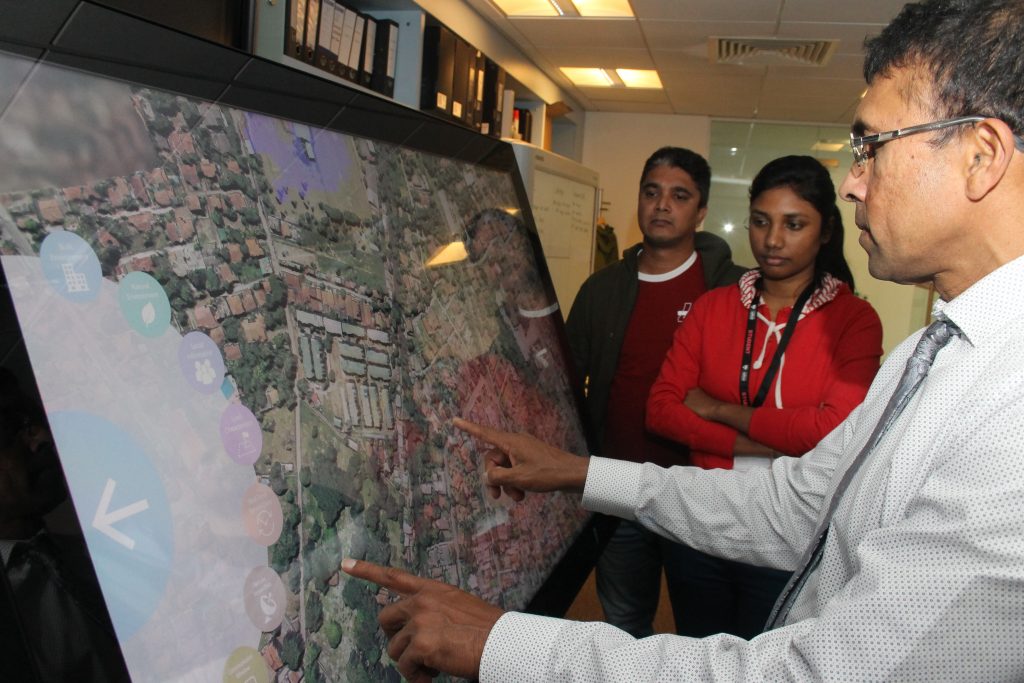
After intensive research and development work over the last two years, the THINKlab team is now ready to release their first interactive digital platform to disaster management centres in Colombo, Sri Lanka; Sarawak State, Malaysia; and Peshawar, Pakistan.
The donation from the THINKlab is the MOBILISE digital platform which runs on a state-of-the-art multi-touch screen driven by a high-performance computer. Agencies have the choice of using a web-based interface or a 3D virtual reality interface of the platform to explore and develop their risk reduction strategies. The software created and developed by the XR software engineers, the UX designers and researchers from the THINKlab combines seven main data categories (including built and natural environment, social information, land characteristics, hazards, real-time and remote sensory data) which segment a further 60 data layer and attributes to determine disaster risks.
This digital platform, developed as a part of the MOBILISE project, funded by the Global Challenges Research Fund (GCRF) and UK Research and Innovation, will allow the disaster management centres to combine various vulnerable, exposure and hazards’ information from multiple agencies to establish a more holistic understanding of their local risks. In turn, this will enable them to work together to develop disaster risk reduction strategies to reduce the impact of natural disasters on the local communities, infrastructure and economy.
The Director of the THINKlab, Professor Terrence Fernando stated: “It has been a challenging journey for developing a common approach and vision for our partner countries and bringing digital innovation to their current disaster risk reduction and disaster response activities. This is only a beginning of a long journey to transform current disaster risk reduction activities by various government organisations in middle-income countries. We are fortunate to have committed academic partners and government organisations in our project consortium who have worked with us to progress this far.”
Professor Fernando also added: “The feedback from various disaster management agencies and other government agencies has been extremely positive. We hope to make the MOBILISE platform available to other governments around the world very soon. I hope other research organisations will join us for creating bespoke environments for their local governments.”
Funded by the Global Challenges Research Fund (GCRF) and The Engineering and Physical Sciences Research Council (EPSRC), the MOBILISE project focuses on LMIC communities in Sri Lanka, Malaysia and Pakistan who are regularly affected by natural disasters such as flooding, landslides and earthquakes.
The MOBILISE platform is targeted at helping various governments to implement the Sendai Framework Priority 1: ‘Understanding Risks’ and Priority 2: ‘Risk Governance,’ as established by the United Nations.
Led by the THINKlab Director, Prof Terrence Fernando, the project is developing a digital infrastructure which offers intelligence to multiple stakeholders who can work together to help reduce the impact of natural disasters on their local communities. Set up in May 2017, the project is to be completed in December 2020. For more information about the MOBILISE project.


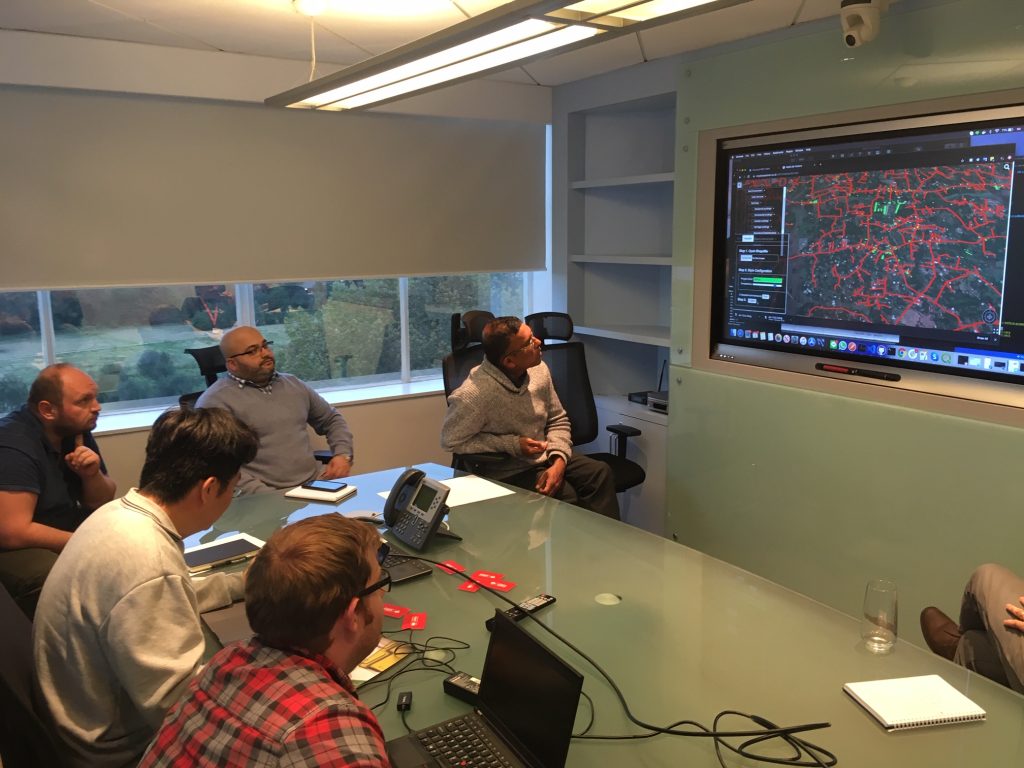
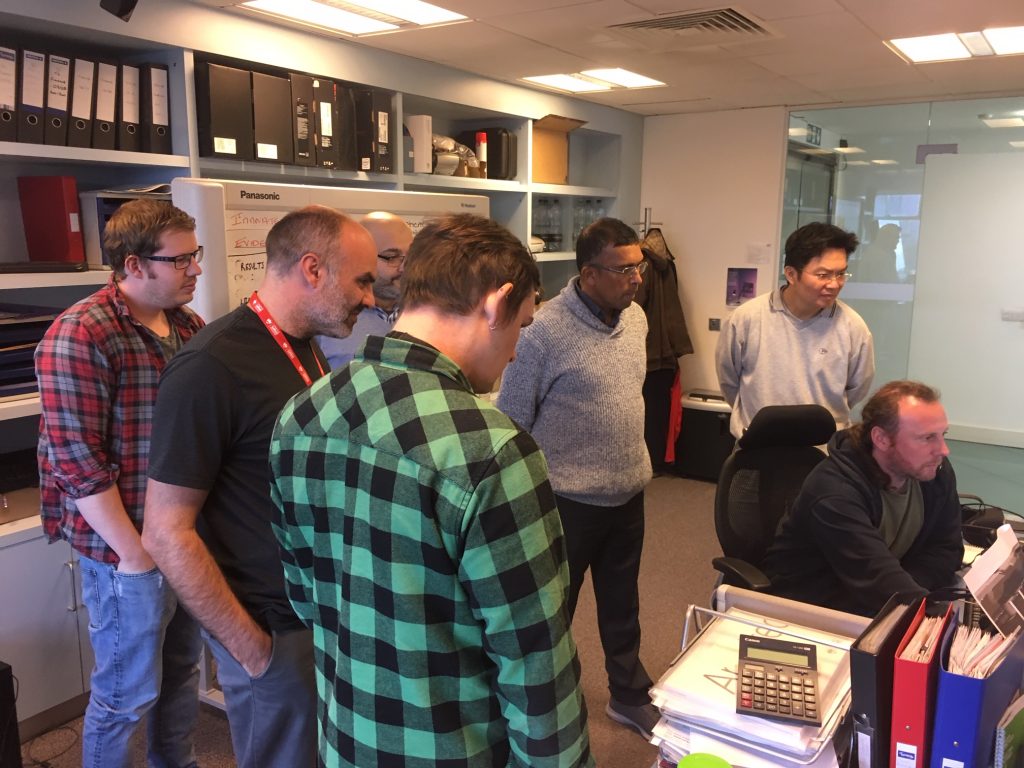
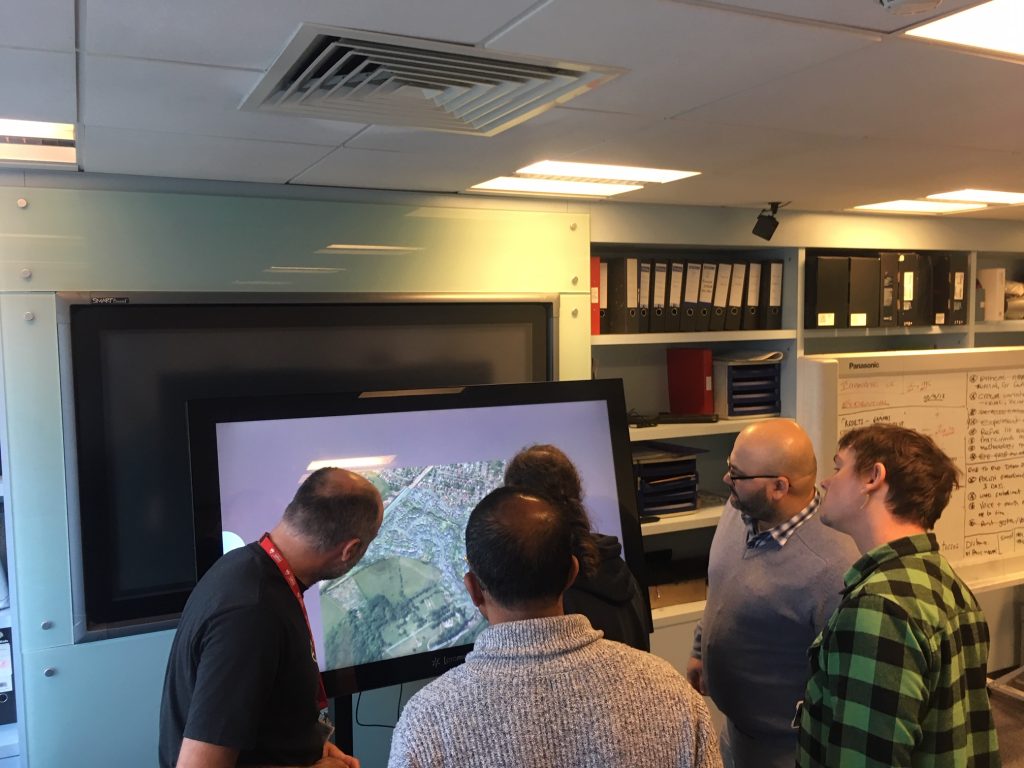
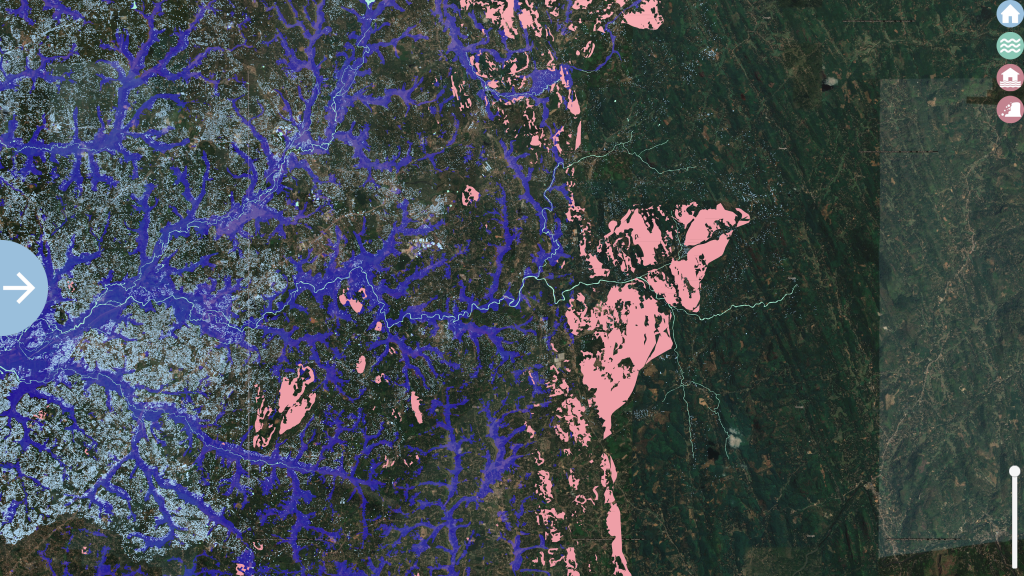
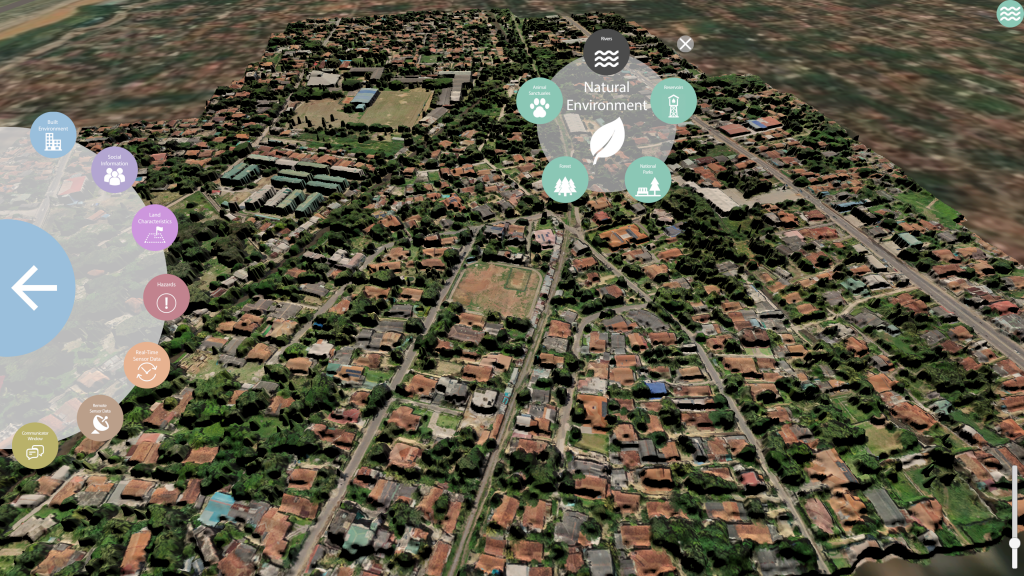
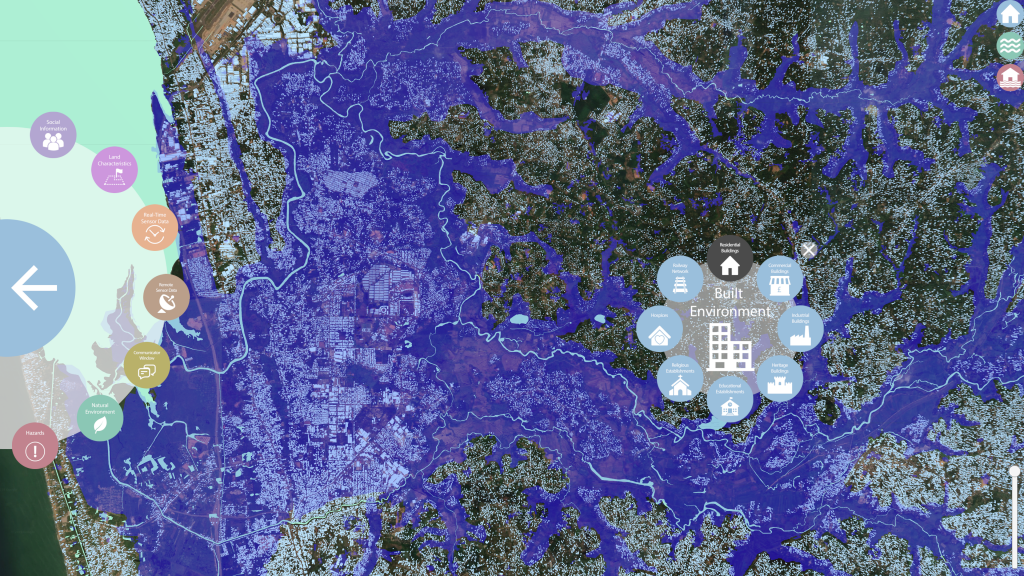
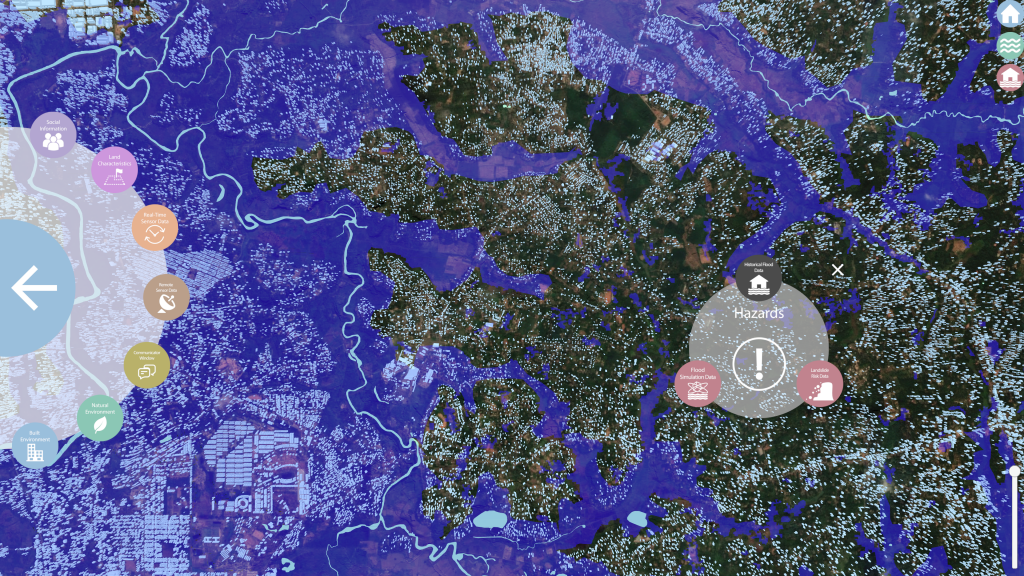
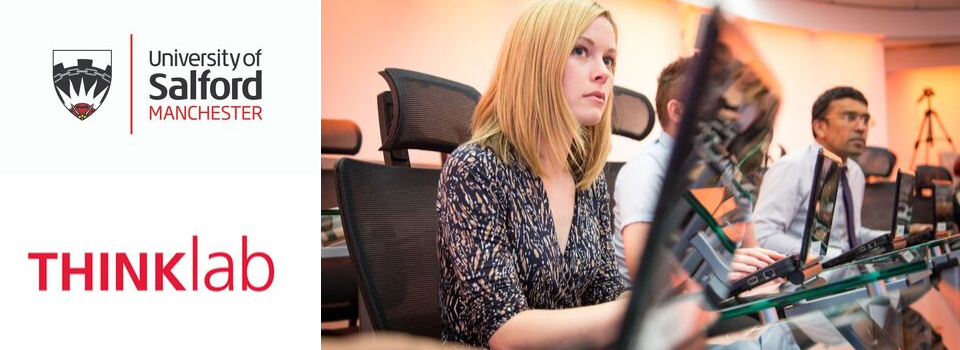
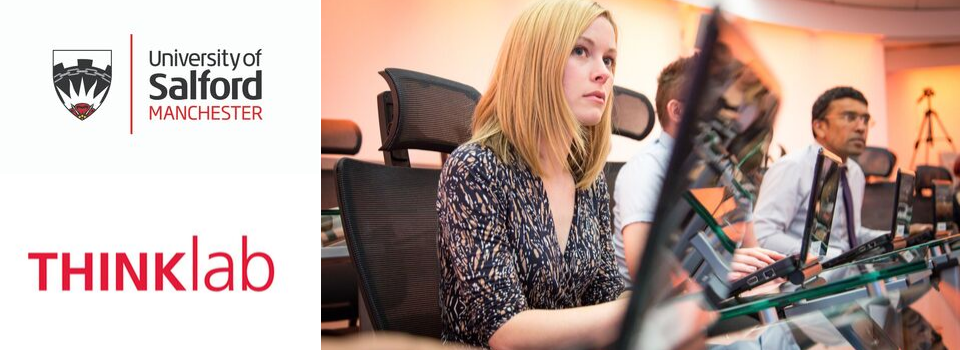





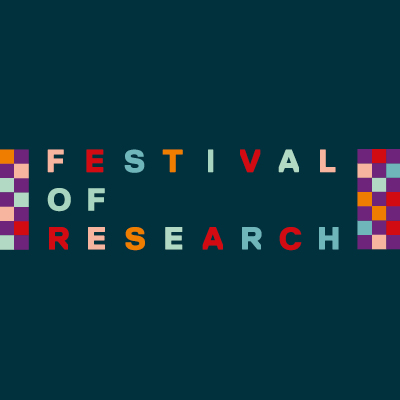
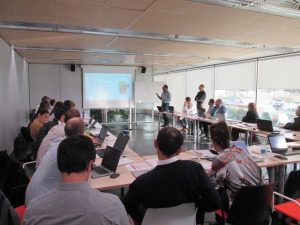
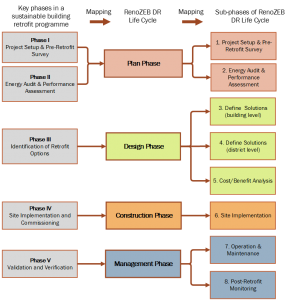
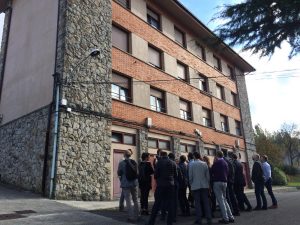

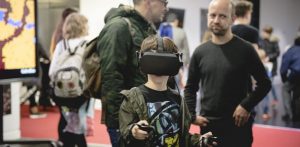
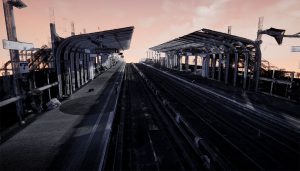
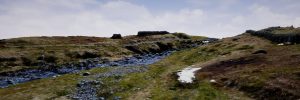
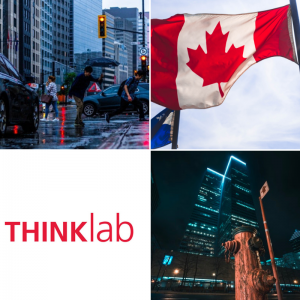
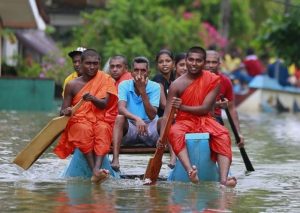
Recent Comments